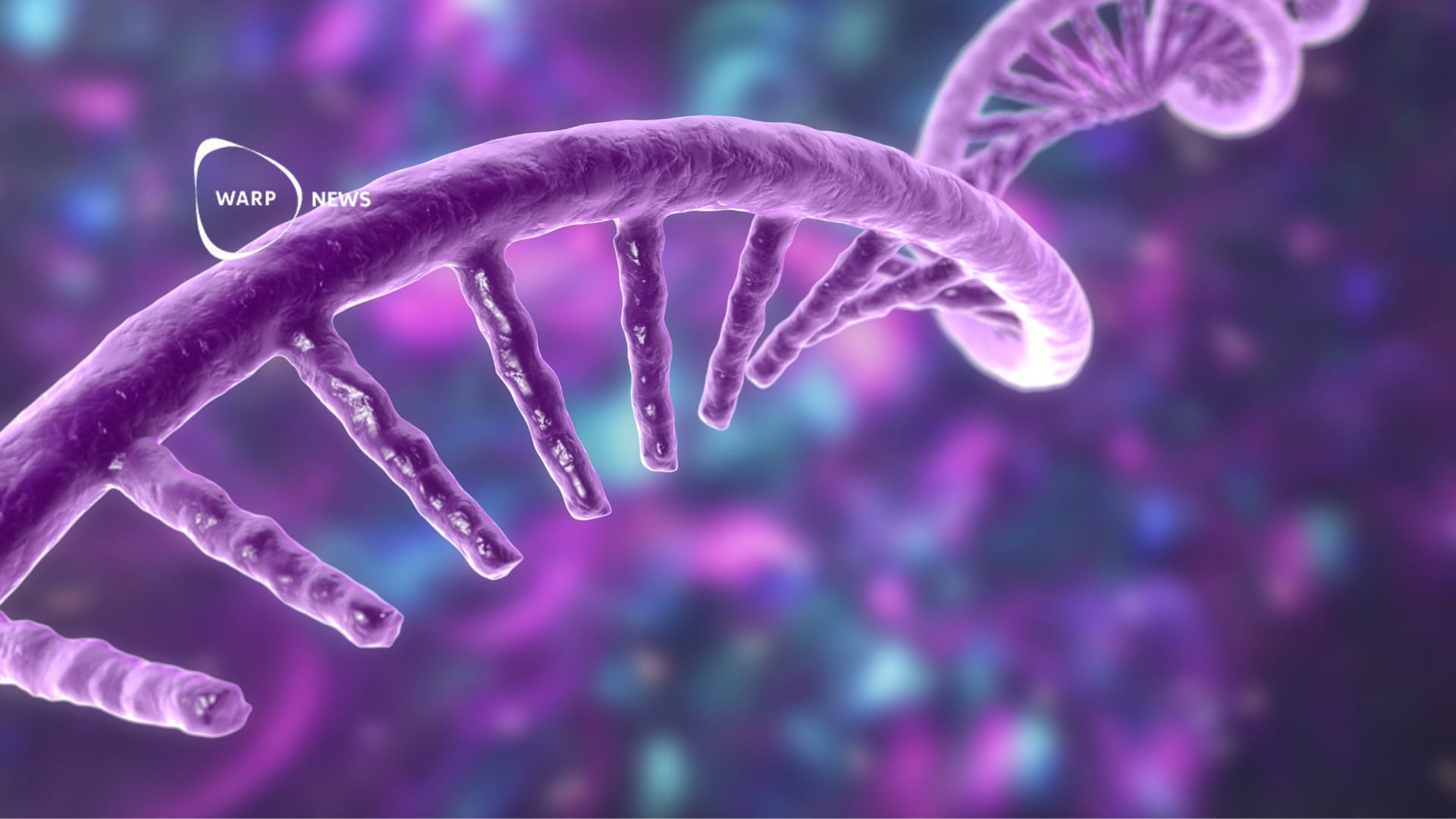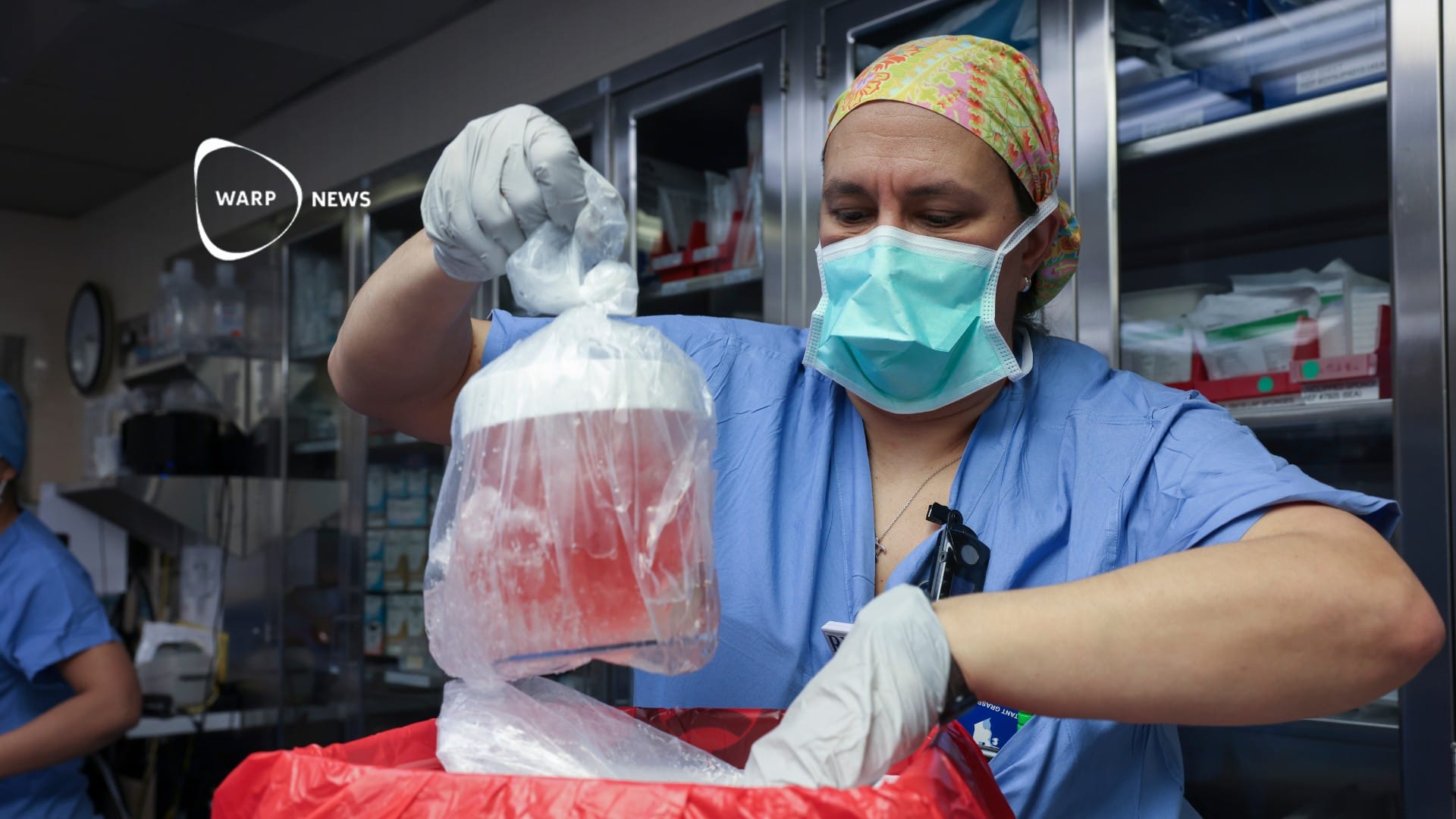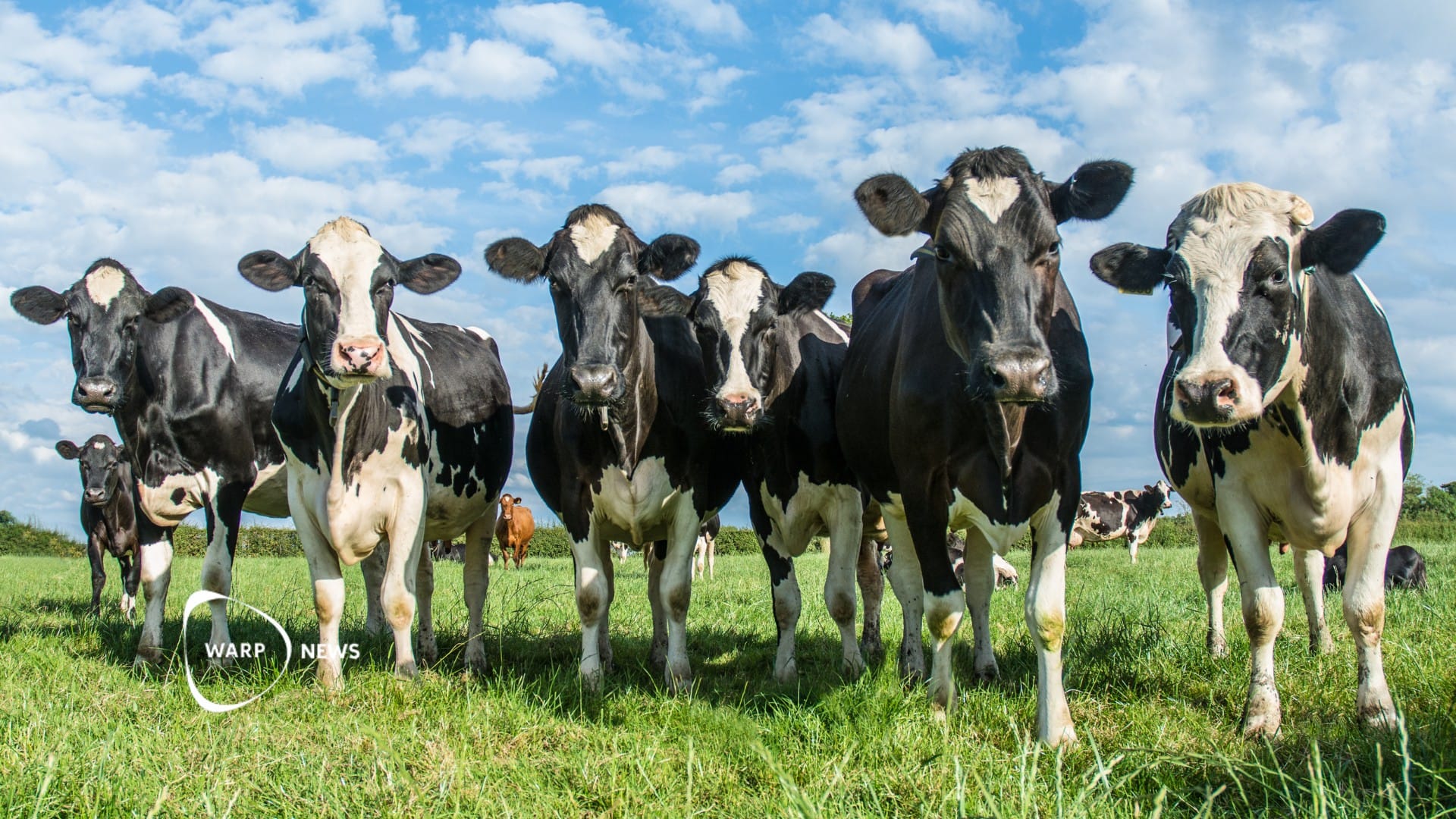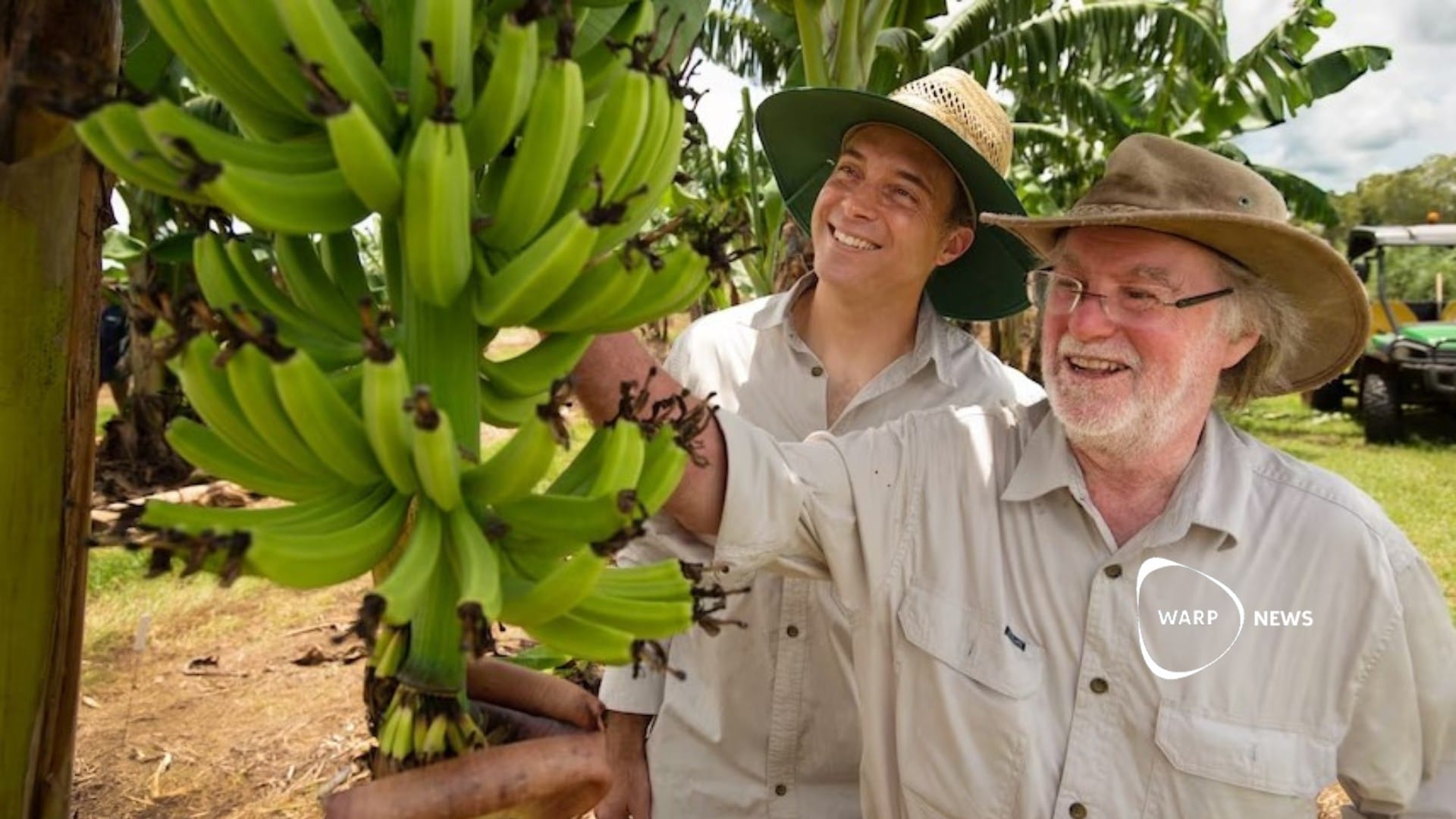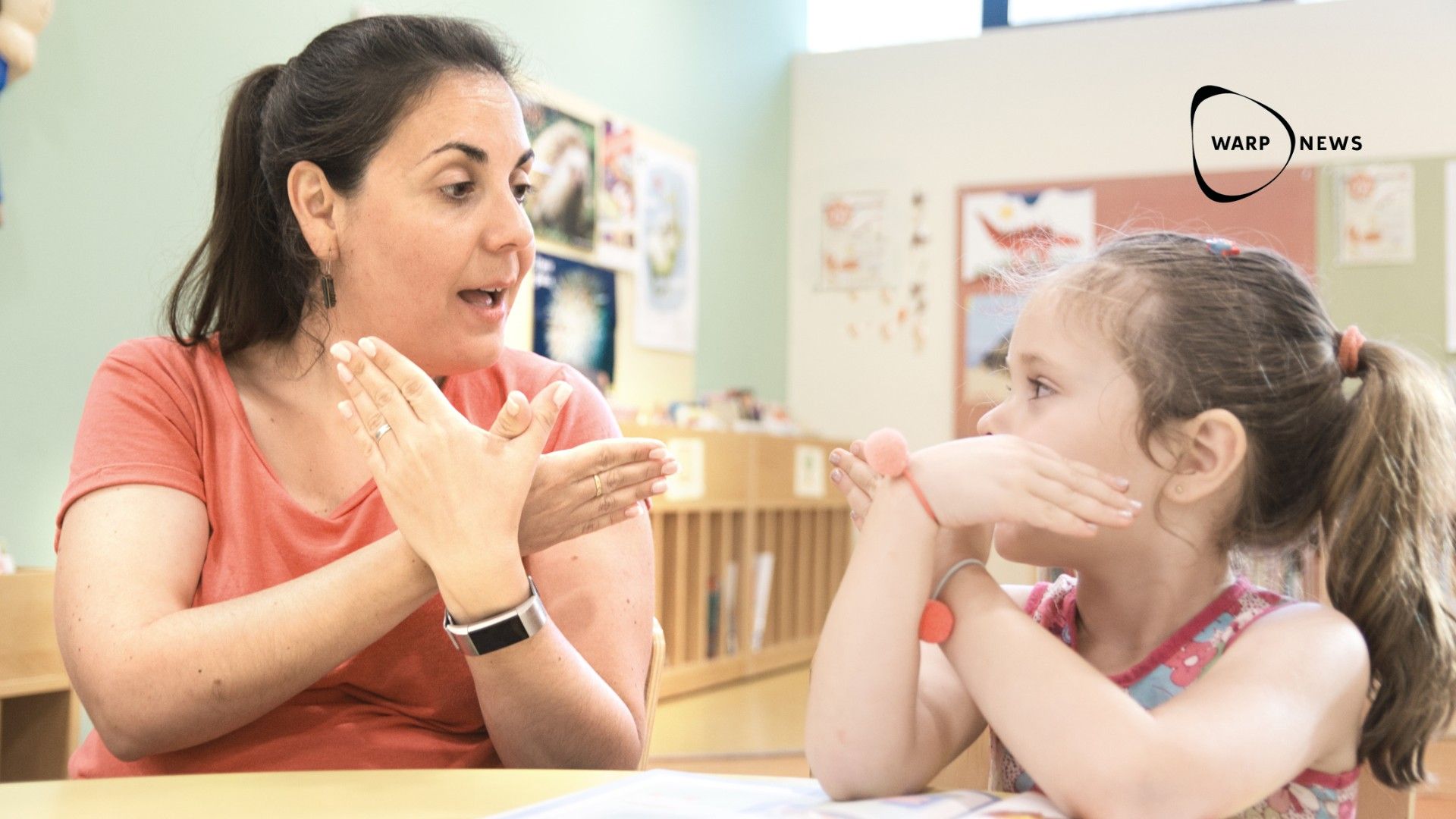Gene editing
🧬 Newly discovered system allows researchers to edit DNA using RNA
Researchers at Arc Institute have discovered a completely new molecular system for editing DNA using RNA. The system enables programmable DNA changes such as inserting, removing or inverting DNA sequences.
🧏 She was deaf at birth, 18-month-old Opal Sandy had her hearing restored after a world-unique gene therapy.
The treatment involved a 16-minute operation where she received a functional copy of a gene that is crucial for hearing. The gene has made her hearing almost completely restored. Opal Sandy can now hear sounds as soft as a whisper.
🍅 New CRISPR tomatoes require less water, but yield remains the same
Scientists have used CRISPR technology to create tomatoes that use water more efficiently. These tomatoes require less water to grow but still produce the same amount of tomatoes, with the same taste and quality.
🐖 Genetically modified pig kidney transplanted into human for the first time
For the first time, surgeons have transplanted a kidney from a genetically modified pig into a living person. This type of kidney could help reduce the shortage of organs.
🥛 Genetically modified cows can produce milk containing insulin
Genetically modified cows have produced milk containing human insulin. The method can be scaled up to ensure availability and lower the cost of insulin for diabetics.
🌾 28 years of GMO food without any harm
Since the first genetically modified crops were approved in 1995, no GMO products have been shown to be harmful to humans. GMOs have improved yields, reduced losses from insect attacks, and contributed to nutritional enhancements.
🥔 Genetically modified potatoes increase yields and eliminate the need for pesticides
Scientists have tested genetically modified potatoes that show promising results in combating late blight, a disease that causes significant crop losses. In field trials, the GMO potato variety Vic.172 showed total resistance to late blight, potentially reducing the need for pesticides.
🍌 Genetically modified banana resistant to Panama disease approved for consumption in Australia
Australian researchers have developed a genetically modified banana that is nearly immune to Panama disease. Panama disease is a fungal infection that prevents banana plants from absorbing nutrients and eventually kills the plant. The banana is the first genetically modified fruit to be approved.
🧏 Curing deafness in children with gene therapy - trail begins
A novel gene therapy trial aims to restore quality hearing in children with auditory neuropathy. The treatment focuses on rectifying a fault in the OTOF gene, which is pivotal for sound transmission.
